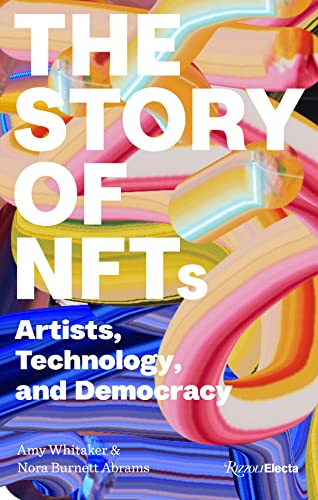Description
NFTs, or non-fungible tokens, exploded into the art space last year, no doubt because Beeple (a digital artist) sold his NFT at Christie's auction house for a staggering $69 million. Yet the story of NFTs is much more interesting, significant, and subtle than that sale. This book explains NFTs in the art world--and the ways they might not only democratize the arts but enliven our larger democracy. Since the NFT phenomenon took over the art world, useful information that isn't too reductive is in short supply. Artists, collectors, arts professionals, art lovers, and museumgoers are still trying to understand what NFTs are, how to benefit from or engage with them, and what they mean for the art world in the future. This book is precisely for this audience. The authors take the reader through the basic concepts of NFTs and the underlying technology of blockchain, including their origins, their surprising connections to the history of artmaking and art collecting, and their potential to radically reshape the art world. The book invites the reader to engage with this new technology, to understand its connections to the longer arc of art history, and to help shape its future. The volume is structured around four key chapters: Origin Stories (where NFTs come from), Artists + Making (how artists are currently engaging with the technology and minting NFTs logistically and conceptually), Collectors + Buying (what does it mean to collect an NFT and other advice for current and soon-to-be collectors), and Future States (how NFTs will upend and democratize the arts). In addition to the authors' extensive knowledge, the book draws on a wide range of interviews with leading contributors to the NFT story. The Story of NFTs is an inventive, elegant, and not insufferable book on a topic that matters more than most people think, in ways that are surprising and at odds with the one-dimensional cryptocurrency story. The many intersecting stories of NFTs in this book--knowledge stories, artist stories, democracy stories--center how we know what is true in an age of digital records and how we build collaborative and equitable structures for the future.

